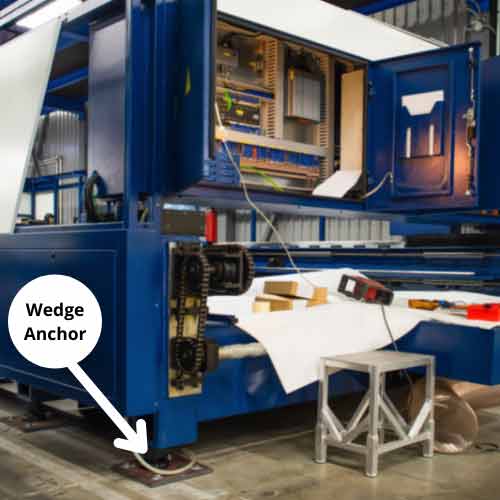Manufacturing of DIN 20976 stud bolts at a factory specializing in fasteners production
Jul . 15, 2024 17:20 Back to list
Manufacturing of DIN 20976 stud bolts at a factory specializing in fasteners production
Stud bolts are an essential component in the construction and manufacturing industries. These threaded rods are used to secure flanges, machinery, and other industrial equipment in place. DIN 20976 is a standard that specifies the dimensions and quality requirements for stud bolts, ensuring that they are reliable and safe to use in various applications.
.
The production process at a DIN 20976 stud bolt factory begins with the selection of raw materials. High-quality steel or other materials are chosen to ensure that the stud bolts are strong, durable, and resistant to corrosion. The raw materials are then cut and shaped using precision machinery to create the threaded rods that will become stud bolts.
din 976 stud bolt factory

Once the basic shape of the stud bolts is formed, they go through a series of processes to improve strength and durability. Heat treatment, surface coating, and other finishing processes are applied to enhance the properties of the stud bolts and ensure that they can withstand the rigors of industrial use. Quality control checks are conducted at every stage of the production process to verify the dimensions, thread accuracy, and other critical parameters of the stud bolts.
After the stud bolts have been produced and inspected, they are packaged and prepared for shipment to customers. A DIN 20976 stud bolt factory takes pride in delivering products that meet the highest standards of quality and performance. Customers can trust that the stud bolts they receive from a DIN 20976 stud bolt factory are reliable, safe, and built to last.
In conclusion, a DIN 20976 stud bolt factory plays a crucial role in the production of high-quality stud bolts for various industrial applications. By adhering to the standards set forth in the DIN 20976 specification, these factories ensure that the stud bolts they produce are of the highest quality and reliability. Customers can trust in the expertise and dedication of a DIN 20976 stud bolt factory to deliver products that meet their needs and exceed their expectations.
Latest news
-
Automatic Flush Bolts for Double Doors - Reliable Security, Easy Installation, Factory Direct Supply
NewsJul.05,2025
-
High-Quality 11mm Bolts Manufacturer Reliable 11mm Bolts Factory & Suppliers
NewsJul.05,2025
-
High-Quality DIN975 Thread Rods Manufacturer Reliable Factory & Suppliers
NewsJul.05,2025
-
High-Quality Strut Washers – Reliable Strut Washers Factory & Trusted Company Suppliers
NewsJul.04,2025
-
Premium Wood Screws for Flooring - Reliable Wood Floor Screws Company & Suppliers
NewsJun.24,2025
-
High-Quality Cabinet Bolts – Reliable Factory, Trusted Company & Leading Suppliers
NewsJun.10,2025
Warning: Undefined array key "ga-feild" in /home/www/wwwroot/HTML/www.exportstart.com/wp-content/plugins/accelerated-mobile-pages/templates/features.php on line 6714
